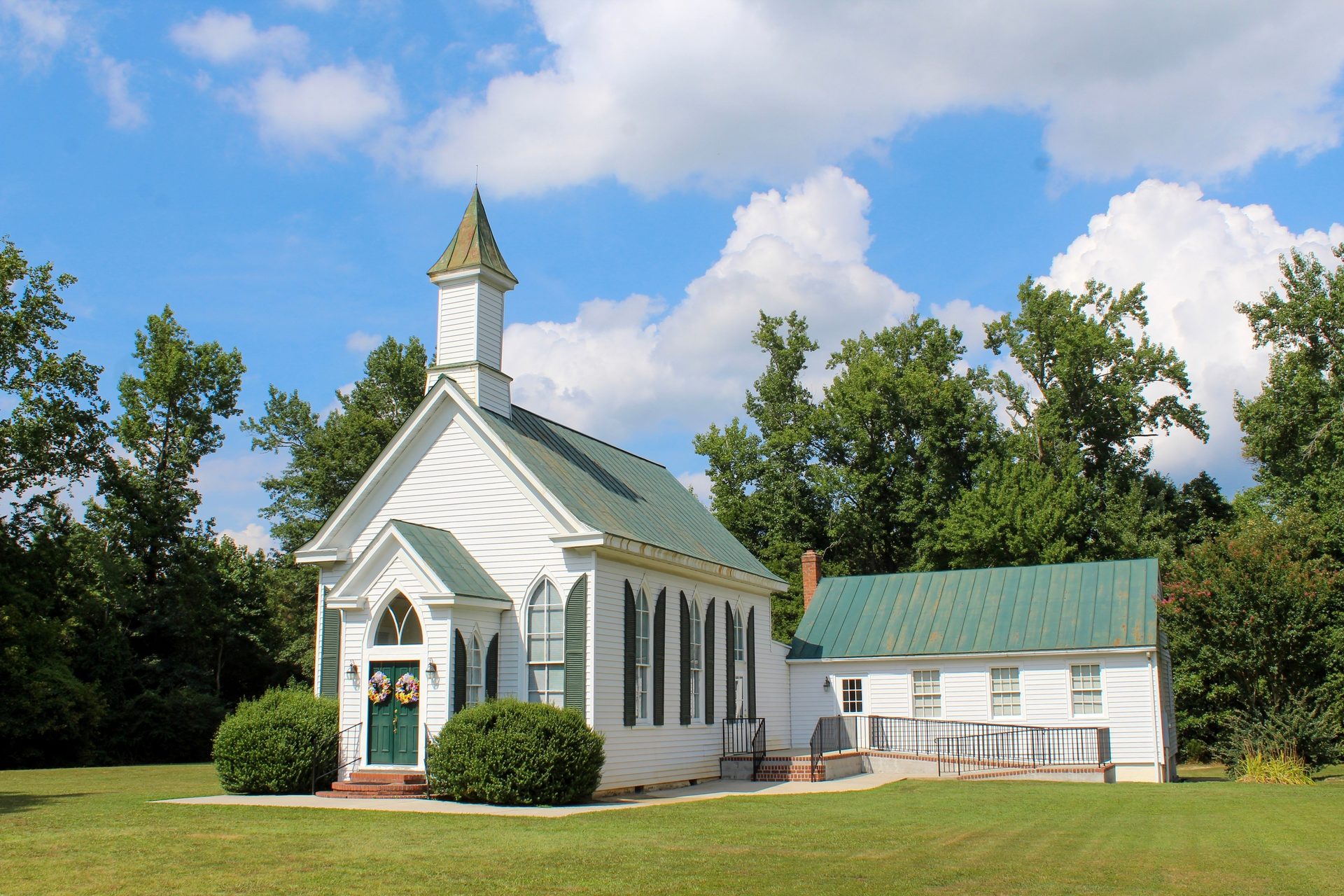Using a tax-exempt organization/non-profit "vehicle"
"Tax-exempt" is a larger umbrella
"Non-profit" is the "IRC § 501" designation that provides exemption
"Charity" offers the most tax deductions
Public charities § 501(c)(3)
Social welfare organizations § 501(c)(4)
Social clubs § 501(c)(7)
Business leagues § 501(c)(9)
Political organizations § 527 - different class of tax exemption for political activity

Why seek tax exemption?
Revenue is taxable where not exempt.
America was not born with the income tax, but there were federal measures proposals to tax income above high thresholds until the Supreme Court ruled such unconstitutional in the 1895 Pollock decision. Theodore Roosevelt paved the way for the 16th Amendment, which was ratified by the following Taft Administration, enabling federal income tax.
Individuals and businesses can receive tax deduction for supporting charities.
Charities are organizations that privileged to tax-exempt treatment as they serve "public purposes."
The exempt purposes set forth in Internal Revenue Code section 501(c)(3) are charitable, religious, educational, scientific, literary, testing for public safety, fostering national or international amateur sports competition, and the prevention of cruelty to children or animals. The term charitable is used in its generally accepted legal sense and includes relief of the poor, the distressed, or the underprivileged; advancement of religion; advancement of education or science; erection or maintenance of public buildings, monuments, or works; lessening the burdens of government; lessening neighborhood tensions; eliminating prejudice and discrimination; defending human and civil rights secured by law; and combating community deterioration and juvenile delinquency.
https://www.irs.gov/charities-non-profits/charitable-purposes
"Education" and "Religious" Purposes
Education
IRS pays particularly recognizes "schools" and likewise donors and the public value that clarity of this public purpose.
There are other meanings of "education" for nonprofits and charities that include "education" of the public about their rights, etc., as can sometimes take quite a broad meaning of the term "education."
Religious - Christianity is the primary example of what "religion" is. Use of cannabis, e.g., is not accepted as "religion."
Churches can be special category of § 501(c)(3) designation, which can include a school, as does RCMI.
Perks include reduced filing requirements and special protections from audits and regulatory burdens. https://www.irs.gov/charities-non-profits/churches-religious-organizations/special-rules-limiting-irs-authority-to-audit-a-church
There are other meanings of religious activity defining this exemption other than organizations defined by a church.
"Churches" are typically defined by the characteristic of having a weekly or regular worship service - as opposed to the organization being a ministry, e.g., or other characteristic.


State Requirements
Minnesota Non-profit Corporations are created under Minn. Stat. § 317A
https://www.revisor.mn.gov/statutes/cite/317A
Minnesota has another non-profit entity option, the Nonprofit LLC by filing under §322C.1101. https://www.revisor.mn.gov/statutes/cite/322C.1101
Minnesota Charities must contact the Attorney General upon creation or solicitation of funds (Minn. Stat. 309). Solicitations and professional fundraising are matters of regulation address by these statutes.
https://www.revisor.mn.gov/statutes/cite/309